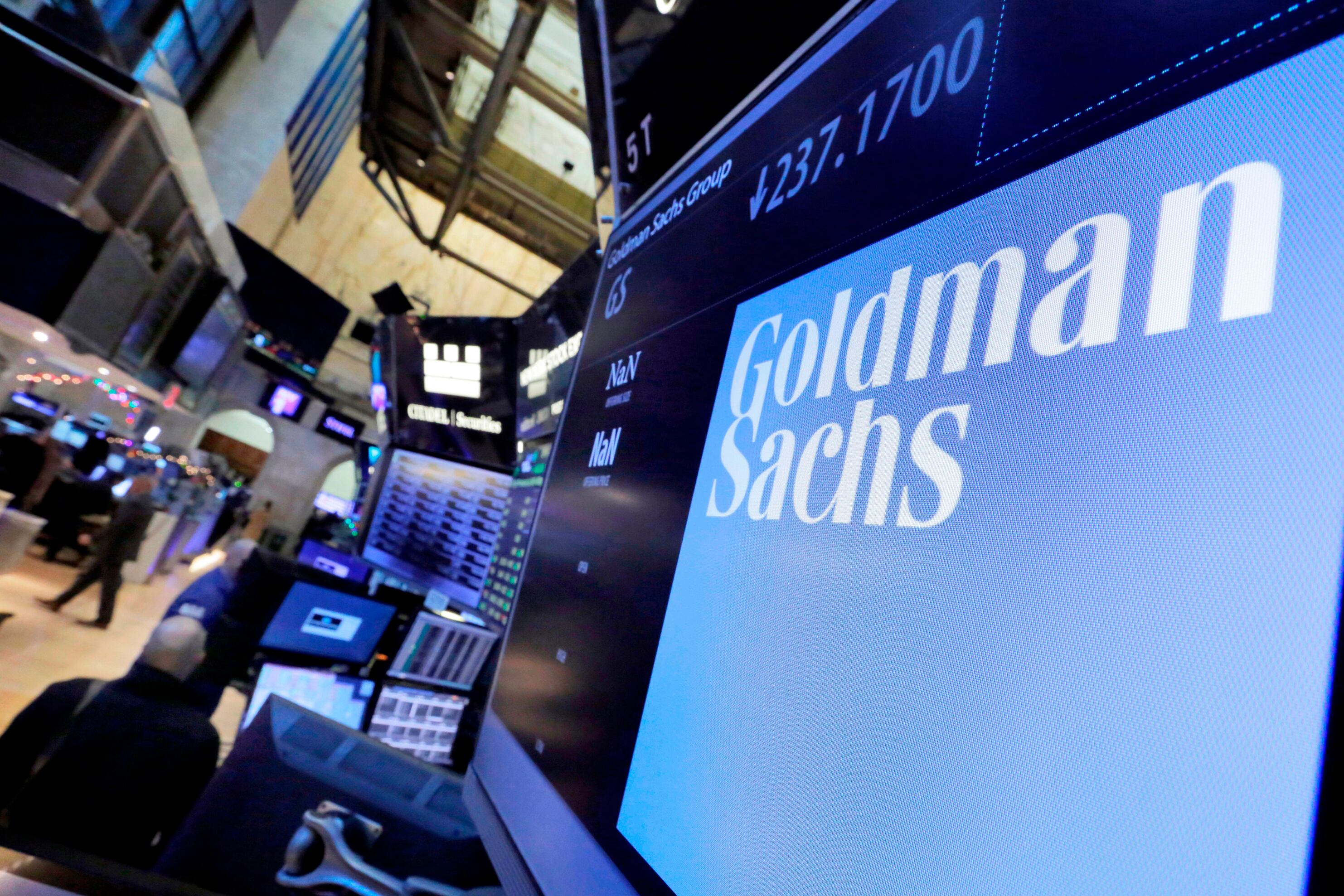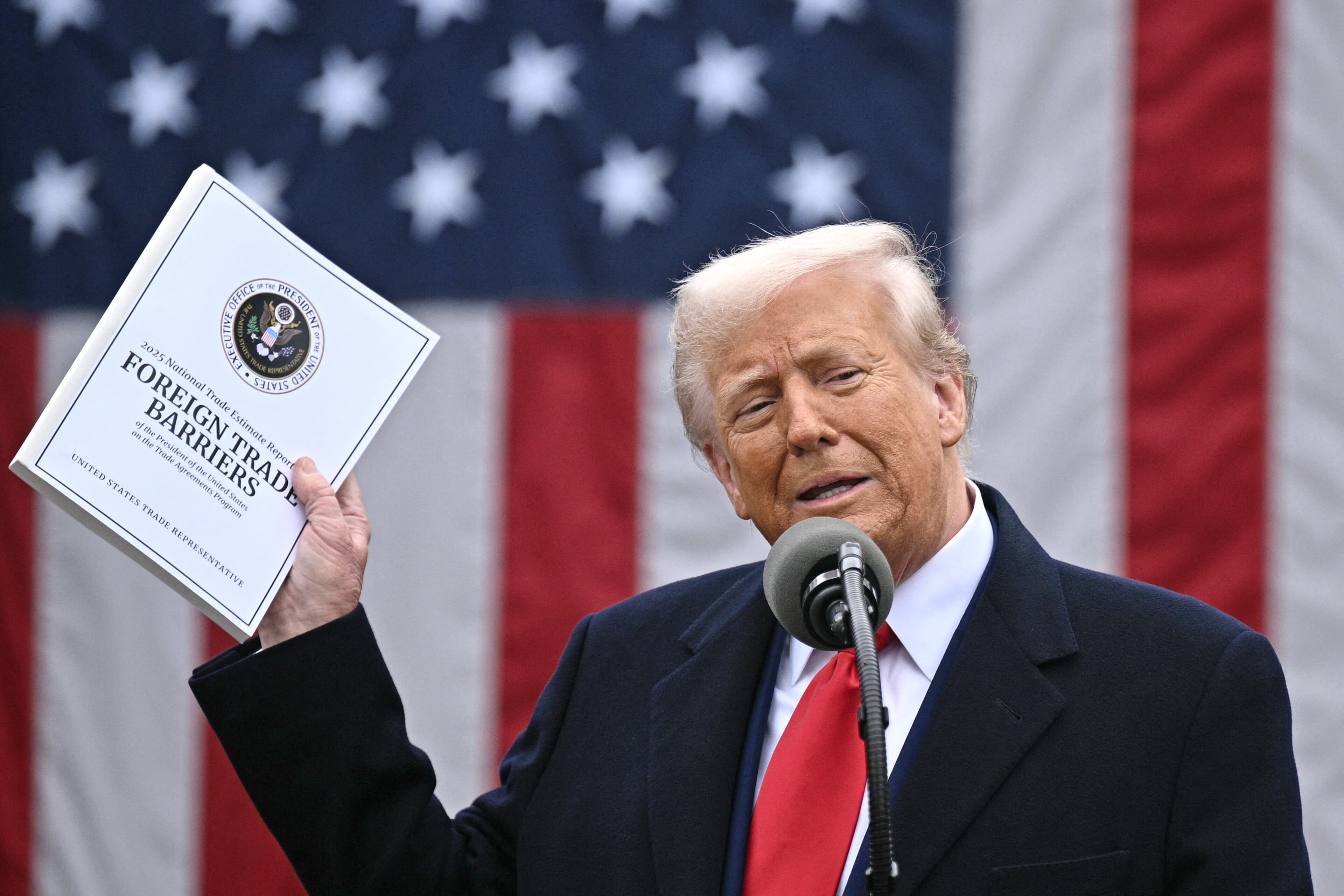By Damian J. Troise and Alex Veiga
Another wobbly day of trading on Wall Street gave way Friday to small gains and new highs for the S&P 500 and Dow Jones Industrial Average.
The two indexes wavered for much of the day before eking out their fourth straight gains. The benchmark S&P 500 rose 0.2% and notched its second-straight weekly increase. The Dow and the Nasdaq edged up less than 0.1%.
Stocks in the S&P 500 were nearly evenly split between winners and losers. Gains in technology, health care and household goods companies outweighed losses by banks, energy stocks and other sectors. Small-company stocks fell more than the broader market.
An economic report showing a big drop in consumer confidence last month due to the spreading delta variant of the coronavirus didn't keep the market from managing more records.
“The reality is the market is holding up pretty well," said Rob Haworth, senior portfolio manager at U.S. Bank Wealth Management. He noted that the consumer sentiment report is "something the market is looking through as temporary.”
The S&P 500 rose 7.17 points to 4,468. The Dow added 15.53 points to 35,515.38, and the Nasdaq picked up 6.64 points to 14,822.90.
The University of Michigan consumer sentiment index fell to 70.2 from its previous level of 81.2 in July. That was the largest drop in sentiment since April 2020, when the pandemic took its initial grip on the country.
The unexpectedly bad drop in the survey’s reading was almost entirely due to the spread of the delta variant of the coronavirus, which has caused hospitals to fill up with unvaccinated patients across the U.S.
While the broader market indexes notched slight gains, concerns about the resurgent virus prompted some investors to shift money away from companies that could take a hit from people pulling back on spending for travel and other in-person services, said Jay Hatfield, CEO of Infrastructure Capital Advisors.
American Airlines fell 2.9%, while Las Vegas Sands slid 2%. And the Russell 2000 index of small companies fell 20.96 points, or 0.9%, to 2,223.11, another sign traders were worried about future economic growth.
Technology companies made some of the broadest gains. Chipmaker Advanced Micro Devices rose 3.8%, while eBay climbed 7.4% for the biggest gain in the S&P 500.
Healthcare companies also gained ground. Pfizer rose 2.6% and Regeneron Pharmaceuticals gained 2.8%. Moderna slipped 0.4% after U.S. regulators authorized a booster shot of their COVID-19 vaccines for people with weakened immune systems.
Disney rose 1.% after the company returned to a profit last quarter, helped by the reopening of its theme parks and more subscribers to its Disney+ service.
Bond yields fell, which weighed on banks. The yield on the 10-year Treasury dropped to 1.29% from 1.34% late Thursday. JPMorgan Chase lost 1.1%.
Updated on August 13, 2021, at 5:10 p.m. ET.













